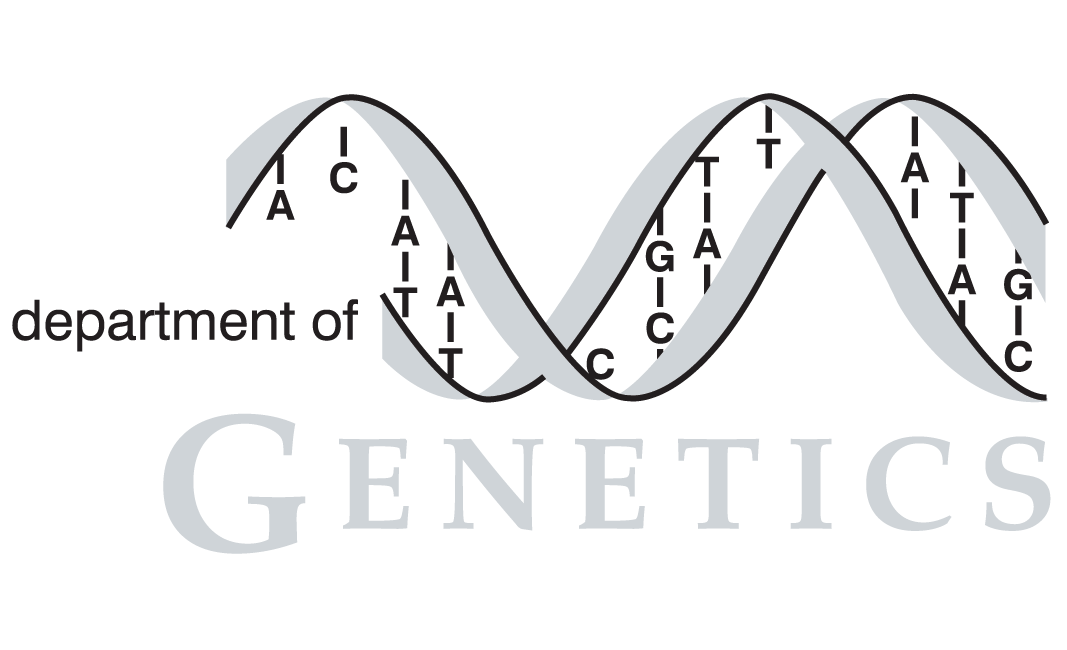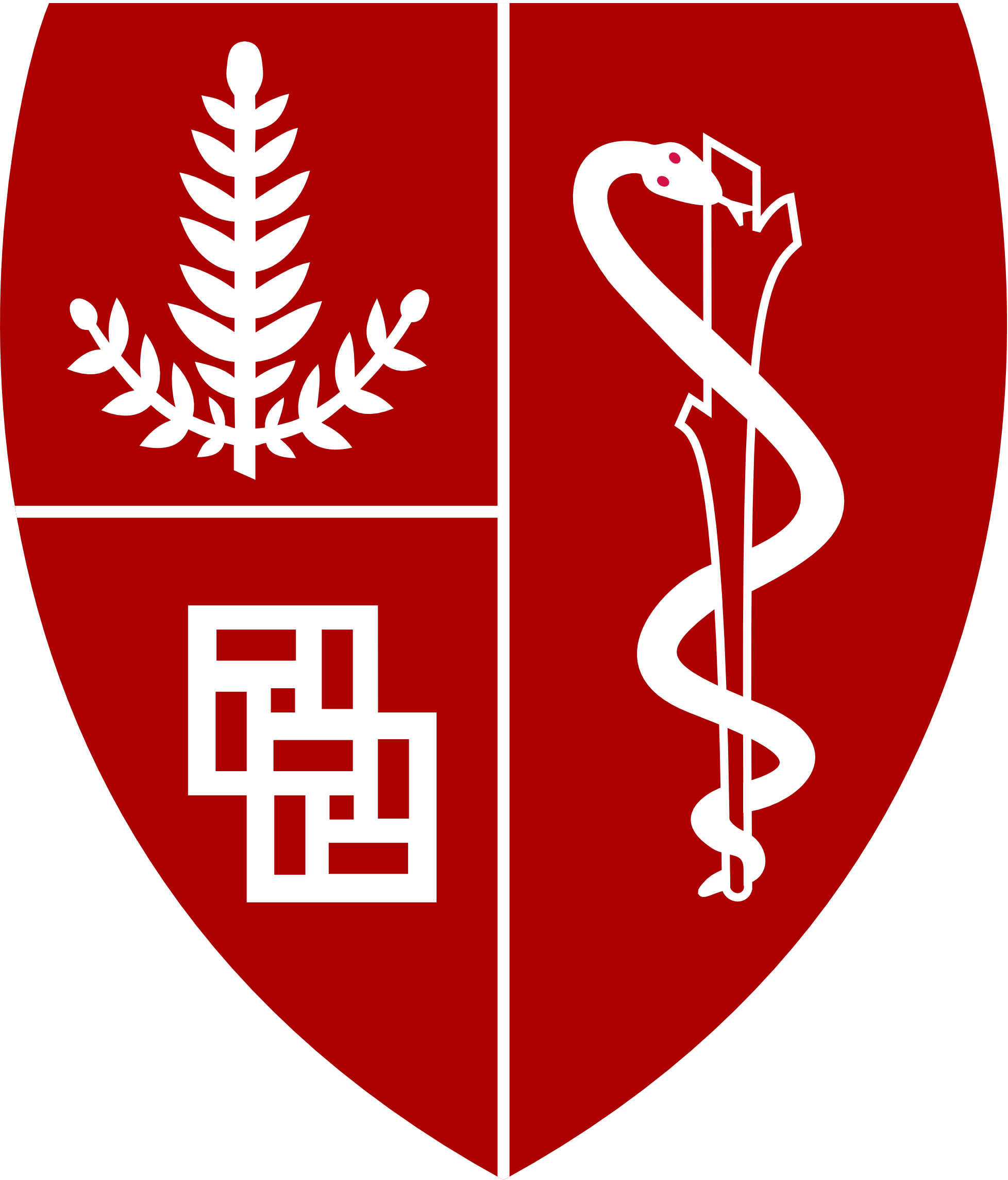| Citation | Belanger KD, Larson N, Kahn J, Tkachev D, Ay A. Microarray Analysis of Gene Expression in Saccharomyces cerevisiae kap108Delta Mutants upon Addition of Oxidative Stress. G3 (Bethesda, Md.), 2016. |
| PubMed ID | 26888869 |
| Short Description | Microarray Analysis of Gene Expression in Saccharomyces cerevisiae kap108Delta Mutants upon Addition of Oxidative Stress. |
| # of Conditions | 12 |
Full Description

|
Protein transport between the nucleus and cytoplasm of eukaryotic cells is tightly regulated, providing a mechanism for controlling intracellular localization of proteins, and regulating gene expression. In this study, we have investigated the importance of nucleocytoplasmic transport mediated by the karyopherin Kap108 in regulating cellular responses to oxidative stress in Saccharomyces cerevisiae We carried out microarray analyses on wild-type and kap108 mutant cells grown under normal conditions, shortly after introduction of oxidative stress, after 1 hr of oxidative stress, and 1 hr after oxidative stress was removed. We observe more than 500 genes that undergo a 40% or greater change in differential expression between wild-type and kap108Delta cells under at least one of these conditions. Genes undergoing changes in expression can be categorized in two general groups: 1) those that are differentially expressed between wild-type and kap108Delta cells, no matter the oxidative stress conditions; and 2) those that have patterns of response dependent upon both the absence of Kap108, and introduction or removal of oxidative stress. Gene ontology analysis reveals that, among the genes whose expression is reduced in the absence of Kap108 are those involved in stress response and intracellular transport, while those overexpressed are largely involved in mating and pheromone response. We also identified 25 clusters of genes that undergo similar patterns of change in gene expression when oxidative stresses are added and subsequently removed, including genes involved in stress response, oxidation-reduction processing, iron homeostasis, ascospore wall assembly, transmembrane transport, and cell fusion during mating. These data suggest that Kap108 is important for regulating expression of genes involved in a variety of specific cell functions. |
Tags
 |
Contact: sgd-helpdesk@lists.stanford.edu


